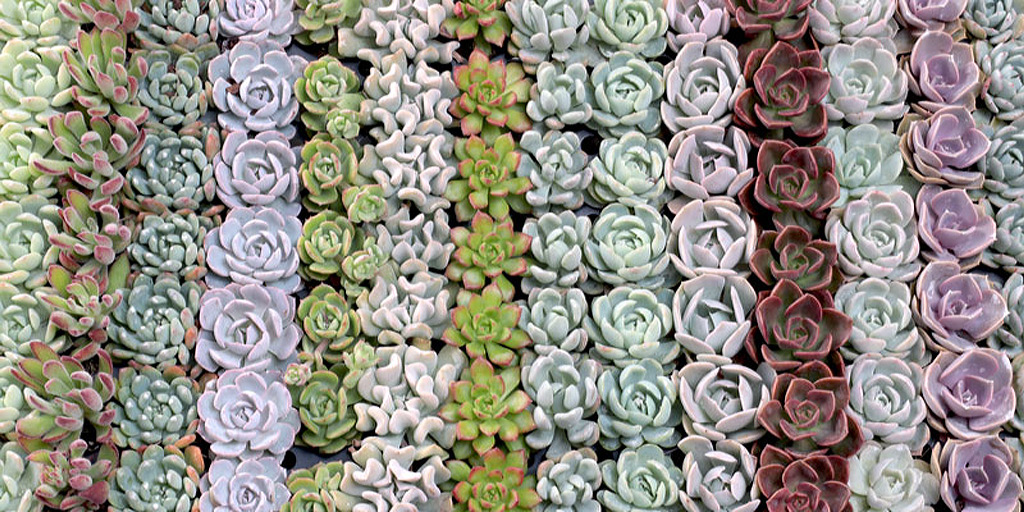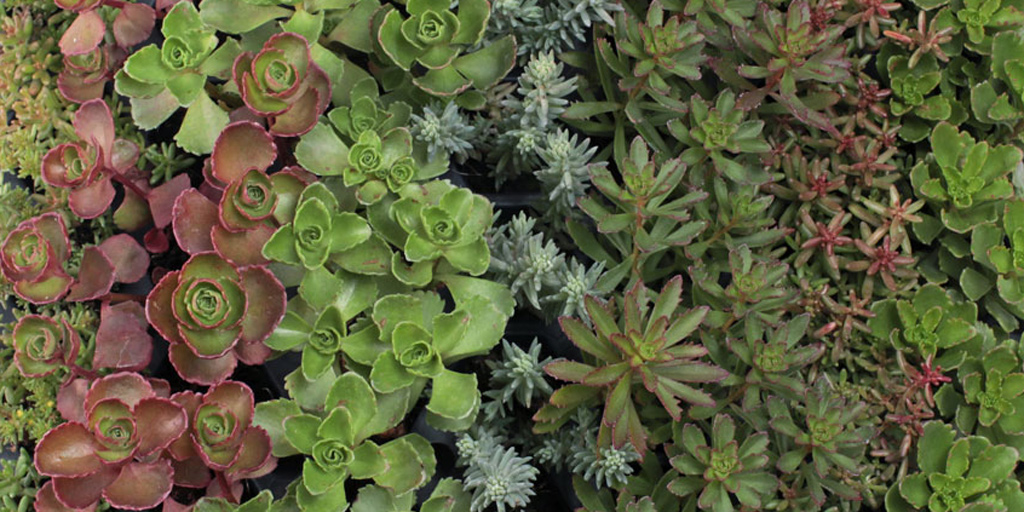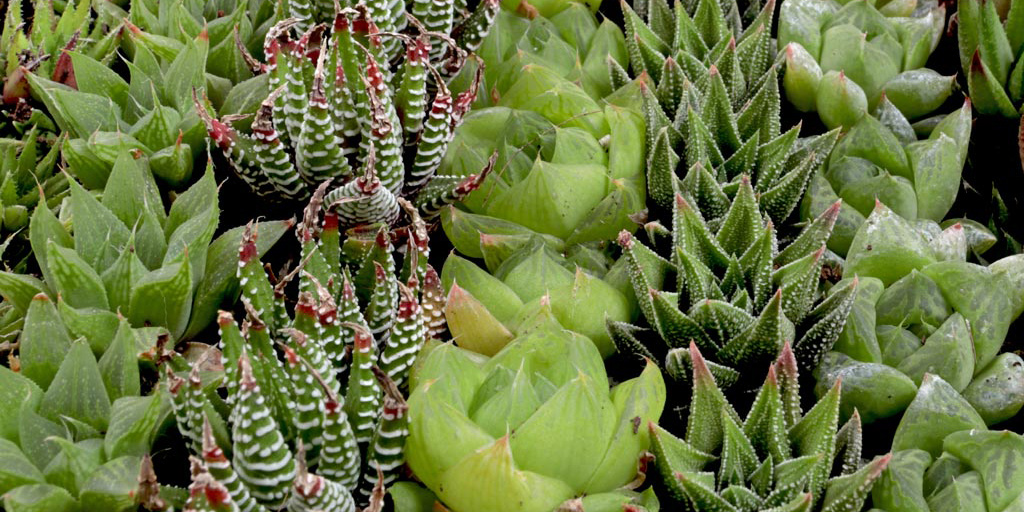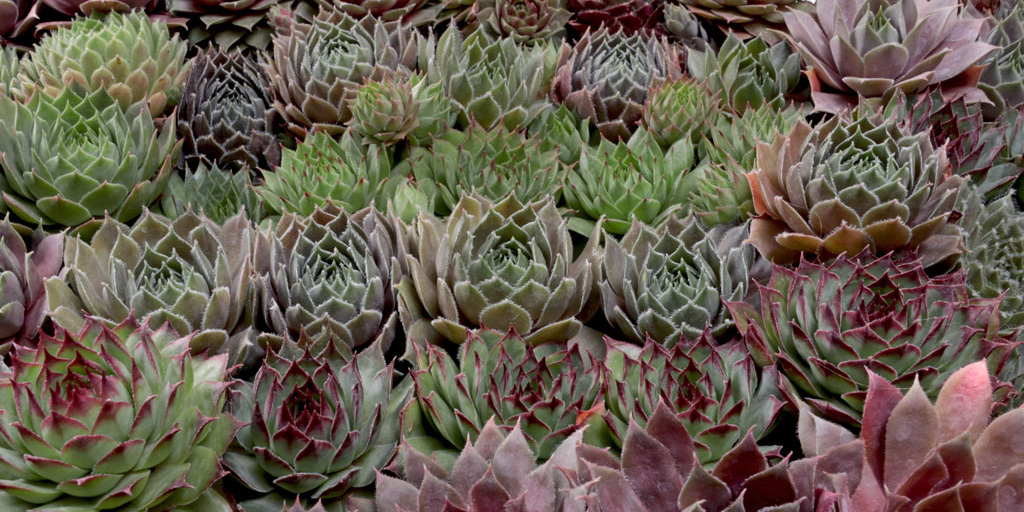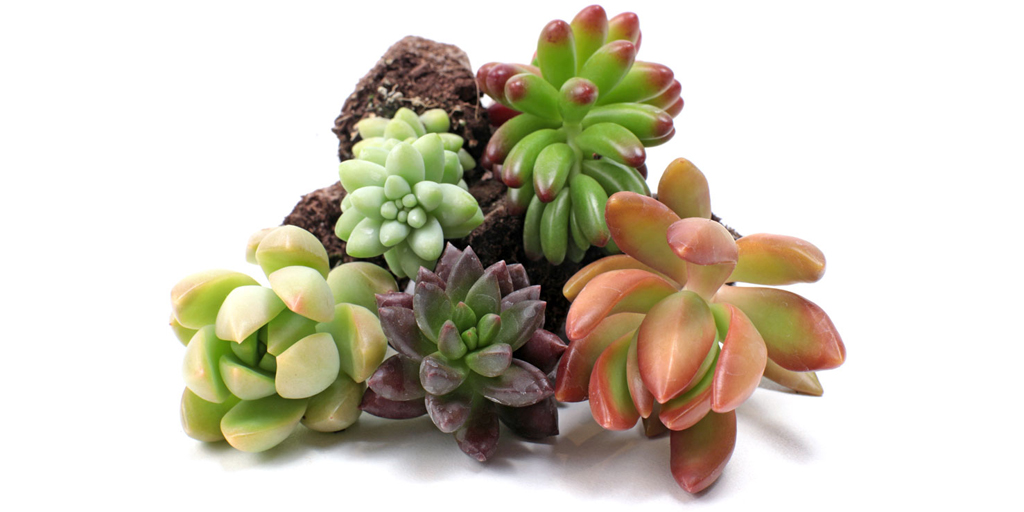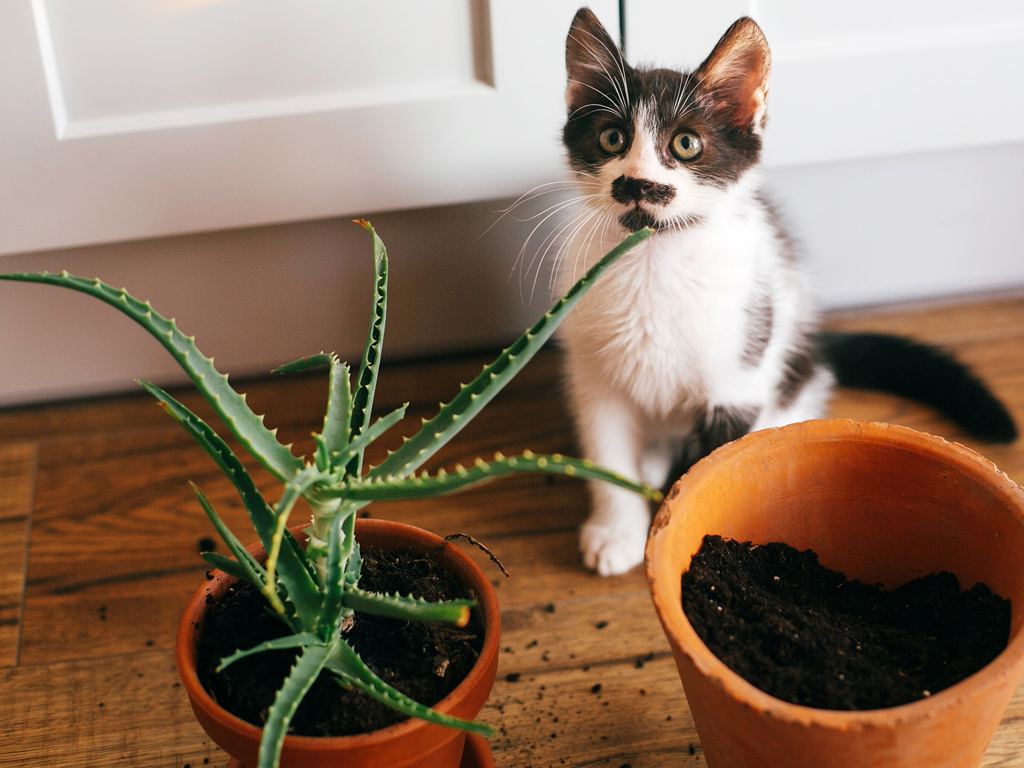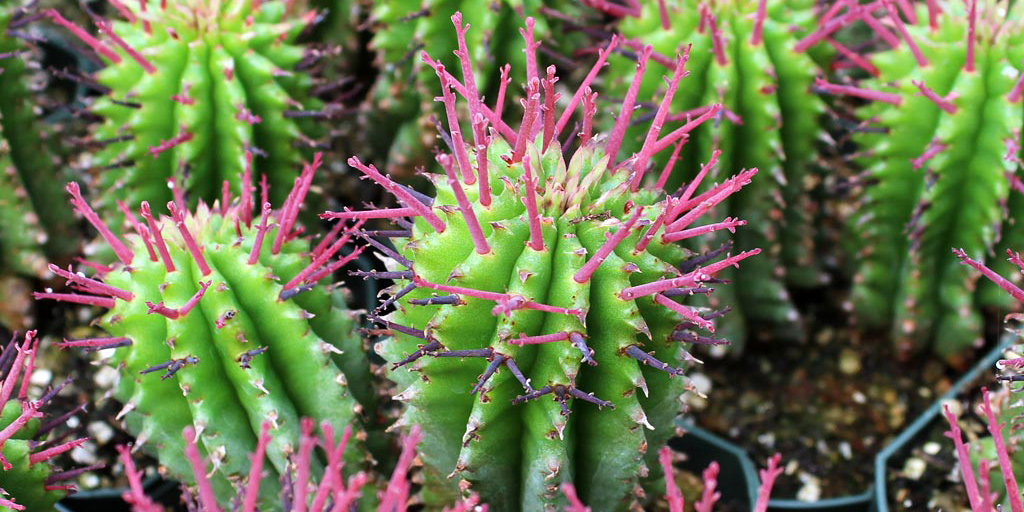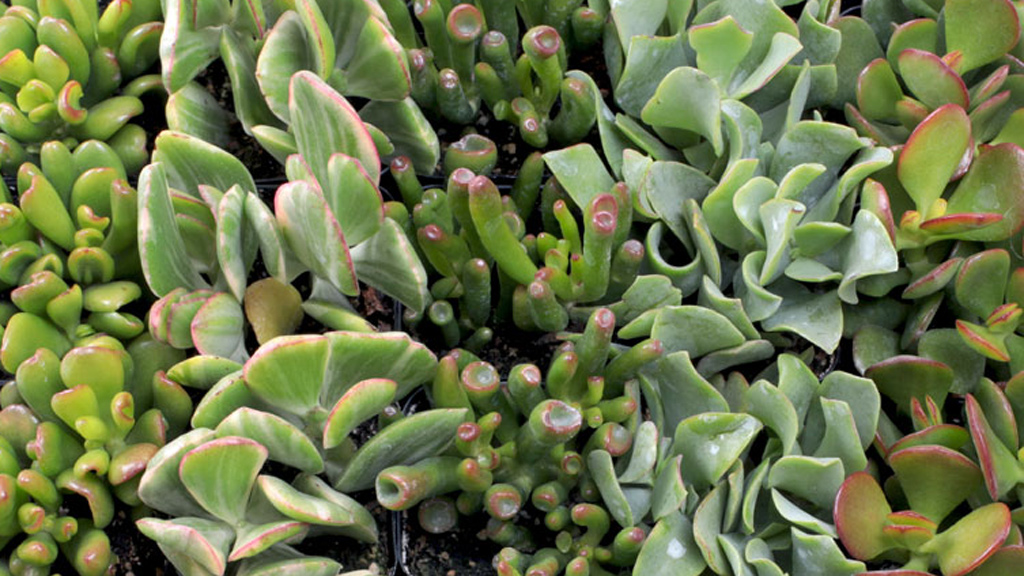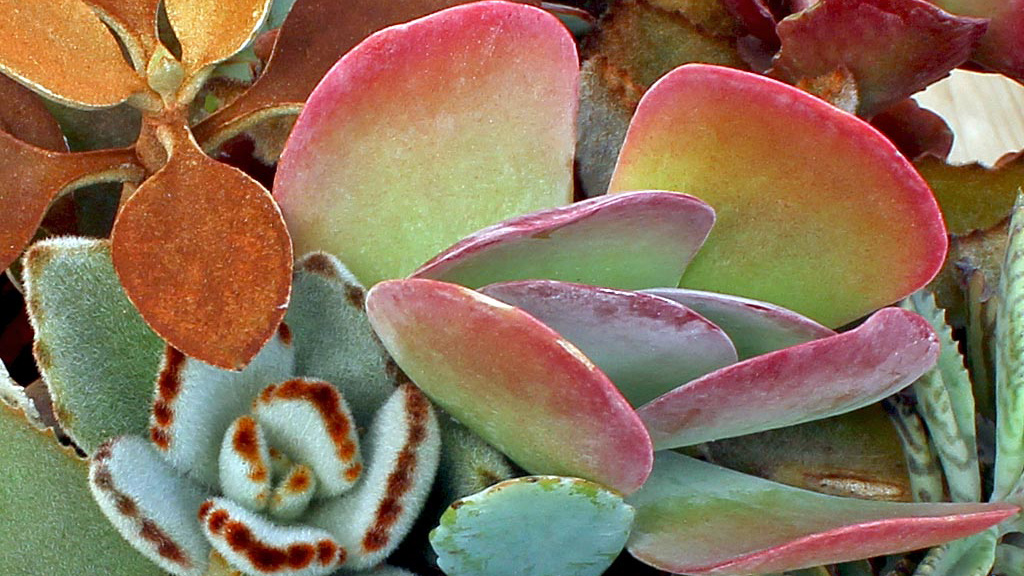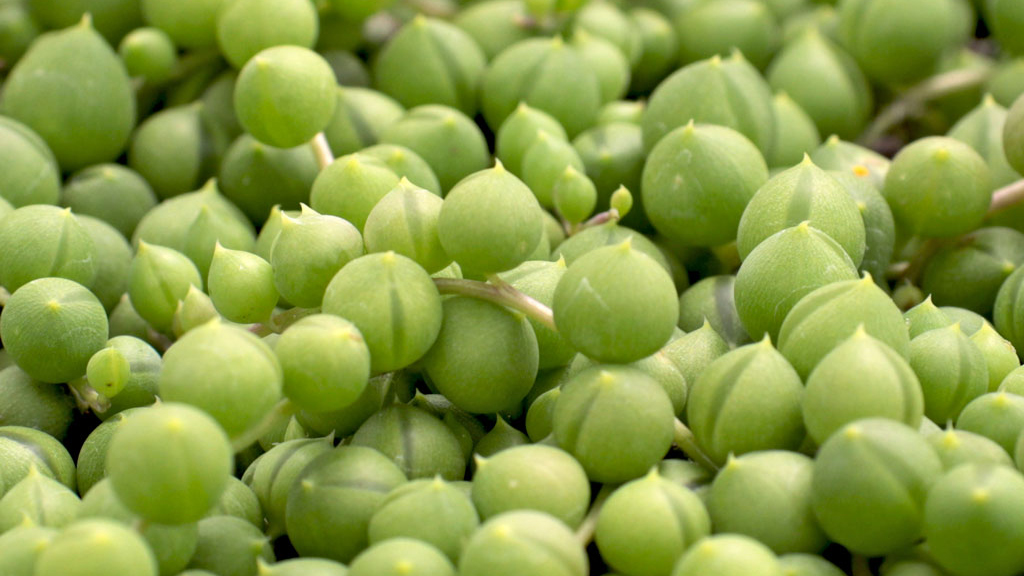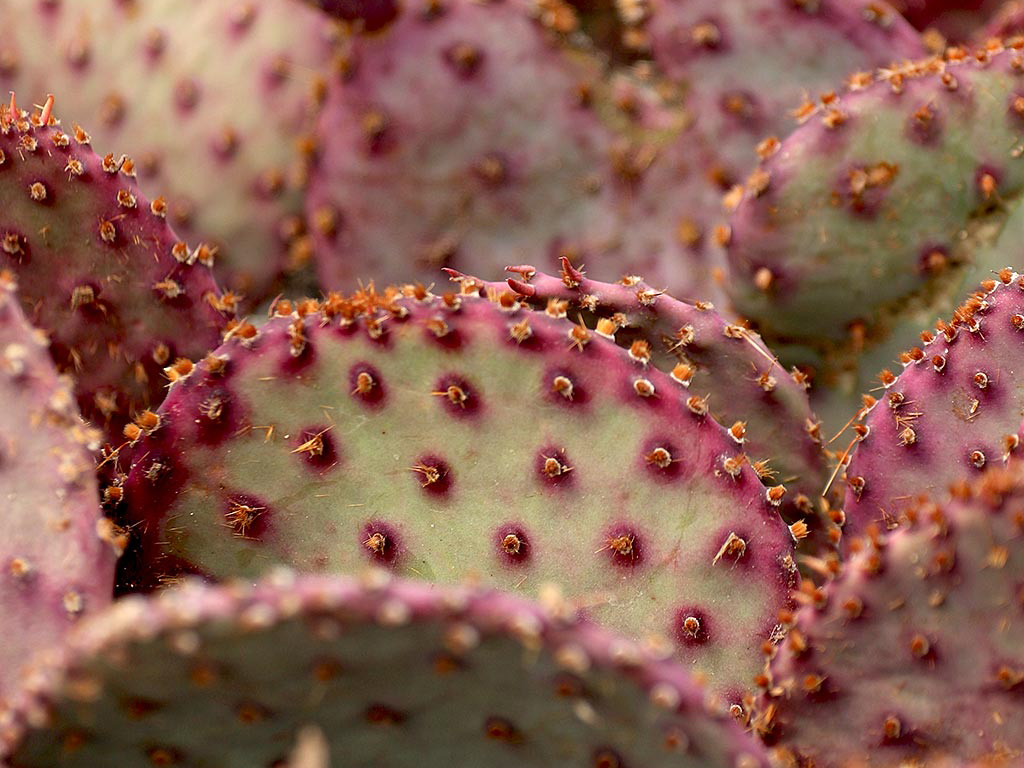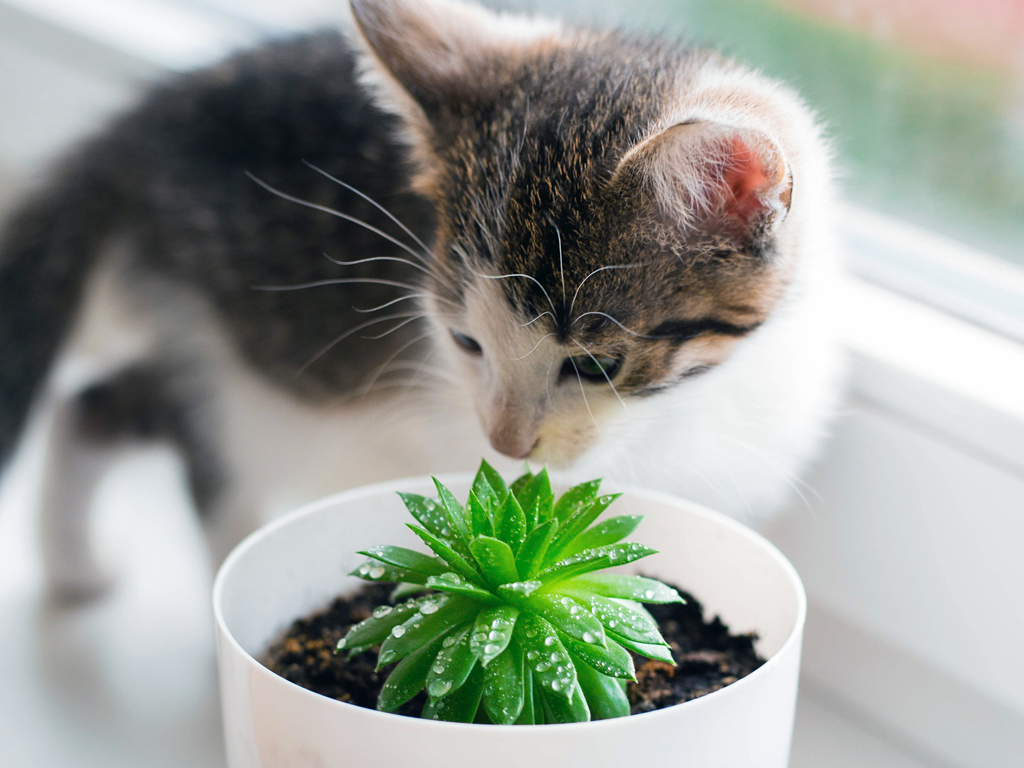Pet Safe
Succulents for Cats & Dogs: Safe or Toxic
One of the struggles of owning pets and plants is creating a space that's safe for both. Fortunately, most succulents are completely harmless to animals.
Additionally, most animals instinctively avoid eating succulents. They just don't smell or taste very appetizing. Consider Los Angeles, a city covered with wild Jade Plants. Jade is slightly toxic and there are more than 2.6 million cats and dogs in the city, but it is incredibly rare for a pet to try eating it.
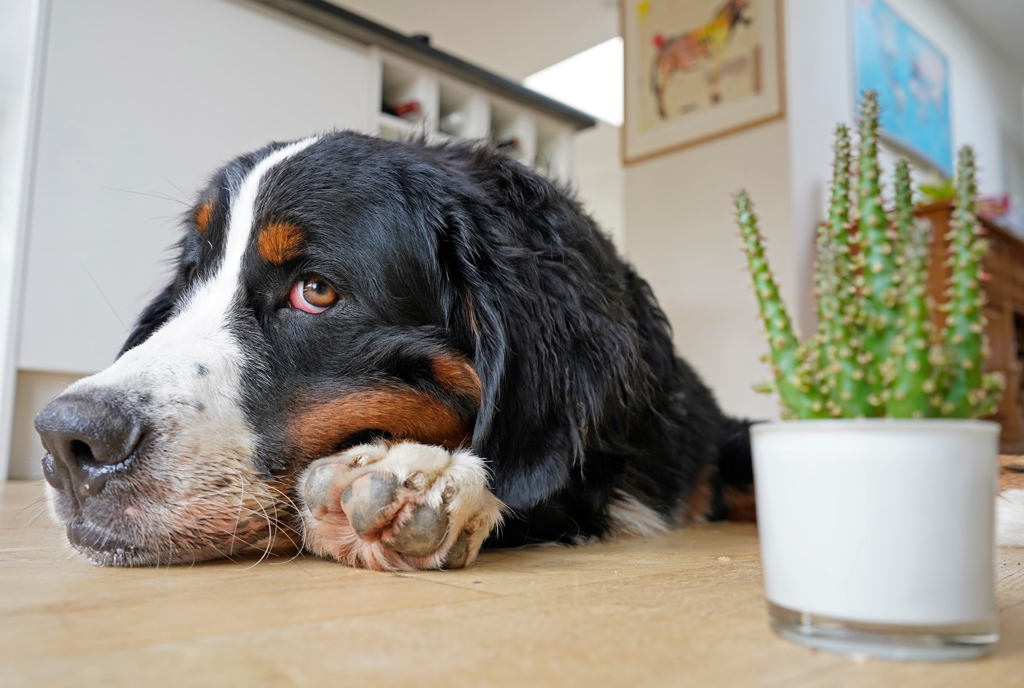
There are, however, a few exceptions that are mildly toxic if consumed. As a responsible pet owner it's important to know which house plants are safe and which could cause issues if ingested by a curious cat or dog. Read on or watch the video for all the details.
Pet Safe Succulents
Good news for succulent fans who also love animals: most succulent varieties are completely pet-safe! Below are our five favorite types that pose absolutely no risk to our furry friends.
ECHEVERIA
HARDY SEDUM
HAWORTHIA
SEMPERVIVUM (HENS & CHICKS)
Tender Sedum
Pet Safe Succulents
- Adromischus
- Aeonium
- Air Plants (Tillandsia)
- Anacampseros
- Delosperma
- Dudleya
- Echeveria
- Faucaria
- Gasteria
- Graptopetalum
- Haworthia
- Lithops
- Pachyphytum
- Peperomia
- Portulacaria
- Rosularia
- Sedum (both tender and hardy)
- Sempervivum (Hens & Chicks)SHOP PET SAFE SUCCULENTS
Succulents That are NOT Pet-Friendly
Please Note: Toxicity research is an ongoing process. More varieties than those described below could also cause an adverse reaction.
ALOE VERA
Aloe vera is great for soothing skin irritations in humans. It does not, however, make a great snack for pets. The gel of the Aloe is fine to apply on both human and animal skin but should never be ingested. Aloin, one of the toxic chemicals in these plants, is a bitter, yellow liquid. It's found just beneath the outer skin of the leaves.
Symptoms: Lethargy, vomiting, diarrhea, red urine
Sources: ASPCA, UC Davis Veterinary Medicine
EUPHORBIA
Euphorbia are known as "Milk Plants" because of the white latex sap in their stems. Unfortunately, this sap can be irritating to skin and toxic if ingested.
Symptoms: Mouth irritation, stomach pain, vomiting, diarrhea
Sources: ASPCA, Pet Poison Helpline
JADE (CRASSULA)
Jade Plants (Crassula) are rubbery plants that are famously hard to kill. Unfortunately, Jade leaves can be irritating to cats and dogs if consumed.
Symptoms: Lethargy, clumsy movements, dry-heaving, vomiting
Source: ASPCA
KALANCHOE
Kalanchoe are prolific succulents and a good choice for new plant enthusiasts. They should, however, be out of reach of dogs, cats, and birds. If ingested, Kalanchoe can irritate your pet's mouth or cause moderate digestive distress. It can take anywhere from 12 hours to five days for symptoms to show.
Symptoms: Oral irritation, drooling, vomiting, diarrhea
Source: DVM360
STRING OF PEARLS (SENECIO)
Senecio feature a high diversity of shapes and growth habits. There is evidence to suggest that String of Pearls (S. rowleyanus) can cause an adverse reaction if ingested. Be sure to hang this trailing variety out of reach of playful cats. Other species of Senecio may cause problems as well, so use caution with this genus.
Symptoms: Listlessness, vomiting, diarrhea
Sources: Oregon Veterinary Medical Association, UC Davis, Pet Poison Helpline
Cactus
Cactus are not toxic if consumed, but their sharp spines make them hazardous to pets all the same. Take particular care with members of the Opuntia (Prickly Pear) genus. They don't always have long spines, but they do have tiny, barbed glochids. Glochids spread easily (particularly when stuck to fur) and can lodge in skin.
Symptoms: Skin irritation
Source: UC Davis
Use Caution with All These Varieties:
- Adenium
- Agave
- Albuca
- Aloe
- Cactus
- Cotyledon
- Crassula (Jade)
- Euphorbia
- Kalanchoe
- Ledebouria
- Pachypodium
- Portulaca
- Sansevieria
- Senecio
If you suspect that any of your pets has eaten one of these plants, call your vet immediately. Other great resources include the ASPCA and the Pet Poison Helpline. Whoever you consult, act quickly and be sure to correctly identify the ingested plant.

 Play Video
Play Video
